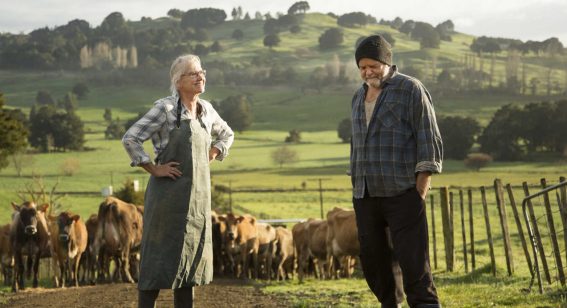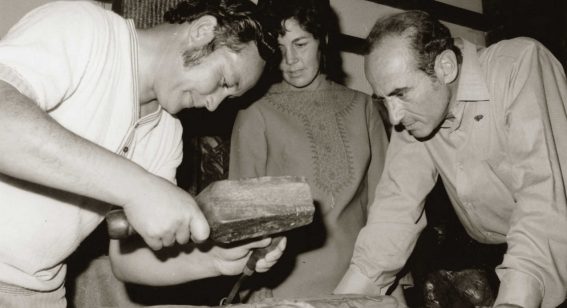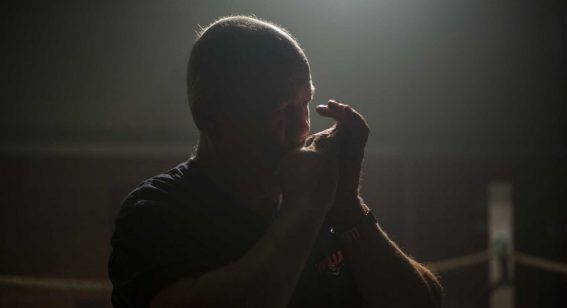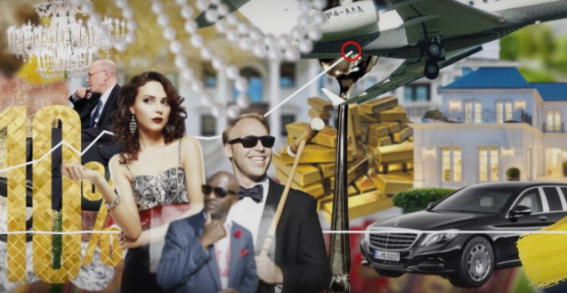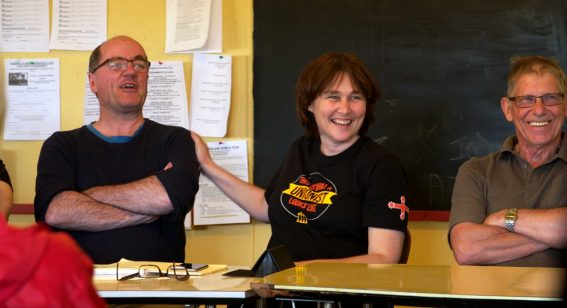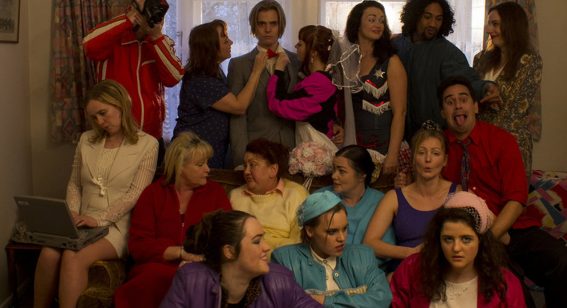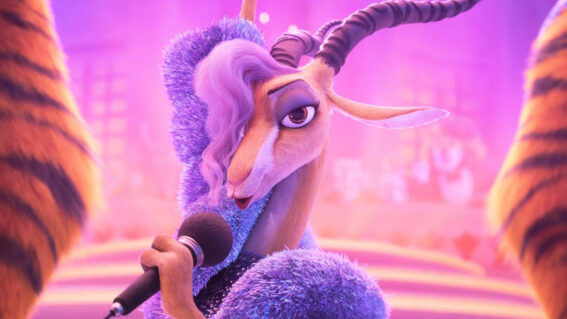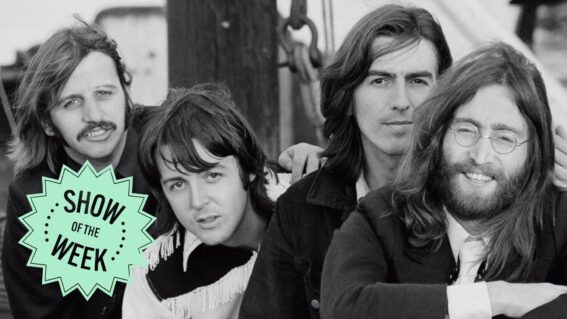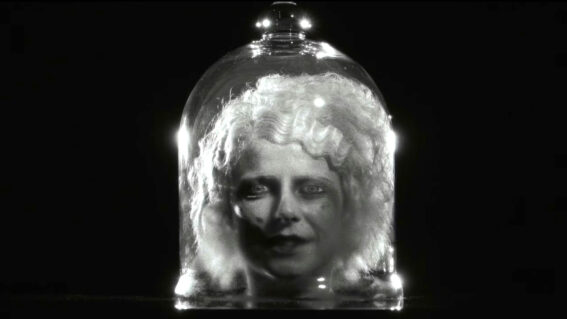The directors of For My Father’s Kingdom on their NZIFF doco
We ask Vea Mafile’o and Jeremiah Tauamiti eight questions.
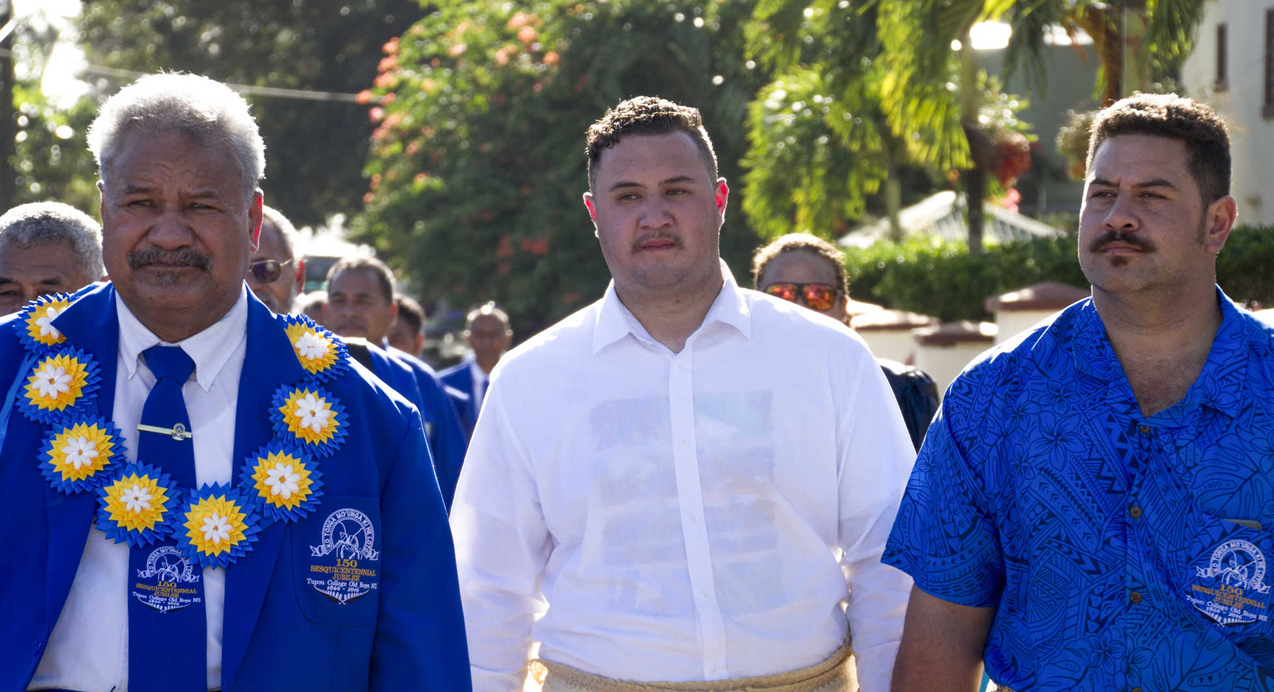
Playing as part of this year’s New Zealand International Film Festival, For My Father’s Kingdom explores the deep faith in God and in Tongan culture of co-director Vea Mafile’o’s father, and what it means for their family. Having premiered their film in Berlin, we ask Mafile’o and co-director Jeremiah Tauamiti eight questions about the film.
FLICKS: Describe your film in EXACTLY eight words.
VEA MAFILE’O & JEREMIAH TAUAMITI: A journey of understanding, hope, and unconditional love.
Did you have a clear vision of the story before you started filming or did you “find the story” during the filmmaking process?
We started off with an idea that for the most part, was based on a lot of hurt and frustration. But along the way, we had to dig deeper to find out Saia’s real story. We started from a place of hurt, then realised we needed to change our own hearts to really understand Saia and his passion for his Kingdom.
The story involves a trip to Tonga. Were you well aware of this trip before you decided to make this film or did the trip arise during the filmmaking process?
We always knew that a trip to Tonga was on the cards, as Saia is very much all about giving to his culture and Tonga is also a place that has really moulded Vea into who she is an artist and person. But the fact that Dad’s school was having its 150th reunion at the same time as our trip, was a real heaven send so to speak.
While we knew it was going to be an important trip visually for the film, the emotional stories that were actually unearthed during the Tonga trip provided potentially the most rewarding, but also heartbreaking moments of the film.
What are some pros and cons of making a documentary where your own father’s the subject?
One of the biggest pros straight off is the all-hours access. It was also obviously great to have Dad’s trust in us straight away, and the rest of the family as well. They shared everything, no restrictions at all, because we’re family. They trusted us on a level that probably wouldn’t have been possible with outsiders.
It’s also hugely rewarding to be able to honour your family in such a big way, as a documentary film that will last forever. This is perhaps the biggest reward.
The biggest con, however, is the flipside of that, in that Vea’s family and their story is exposed for the world to see, making them all vulnerable.
The film premiered in Berlin—what benefit do you see in showing the film to an international audience before bringing it home?
Berlinale was a great place to gauge the audience’s reaction to the film, given the European audience are more arthouse, doco savvy. It was received really well, and seeing it connect with an audience that is so foreign to our way of life and culture gave us real confidence about bringing it back home to our own communities. And, of course, having all of our films selected for an A-list festival was pretty cool we think.
Perhaps the biggest benefit was actually being able to take Vea’s siblings with us to Berlin, and actually presenting our family ‘Taonga’, as a family which was really special. We knew if we presented there, at a sold-out IMAX theatre in Berlin, we could do this anywhere.
Out of all the footage that ended up on the cutting room floor, what moment was the hardest for you to cut out of the film?
Pretty much all of our favourite moments are in the film, but Jeremiah really wanted to explore Saia’s school rugby more with his school friends. That story in itself is quite amazing, with Saia’s school winning a school rugby tournament between Tonga, Australia, and New Zealand, with Saia scoring the winning try in the dying seconds!
But maybe the hardest part for Vea was fitting the whole family narrative in, condensing it down to a manageable lot of information.
Can you share your favourite memory during your time making this film?
A favourite memory of mine is watching Dad swimming. Funnily enough, Dad gets seasick (even though his brothers are great fishermen). I can’t remember ever seeing him swim so I loved that moment.
What was the last great film you saw?
Vea: The Wolfpack—the story is just so mind-blowing!






